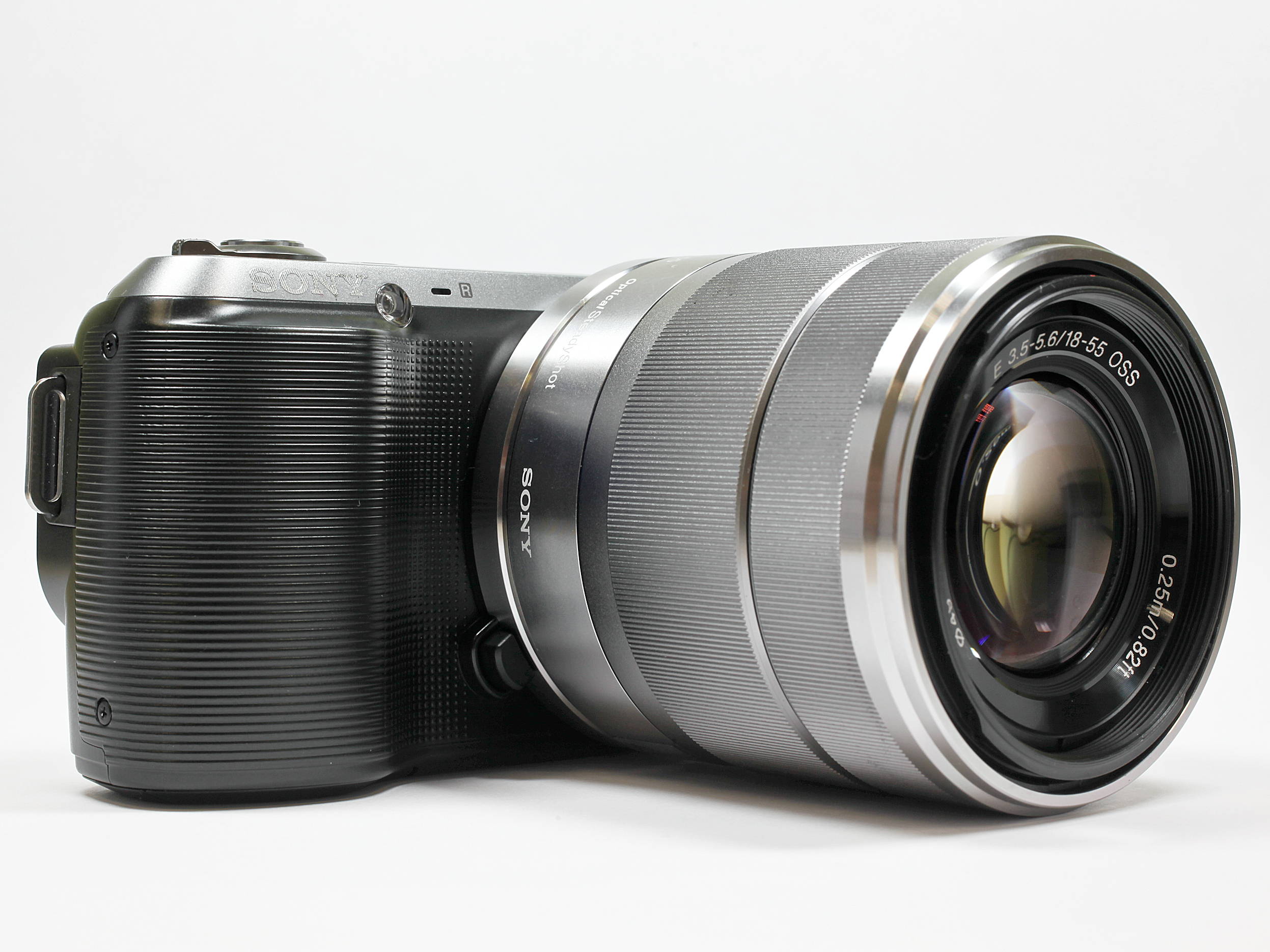Why you can trust TechRadar
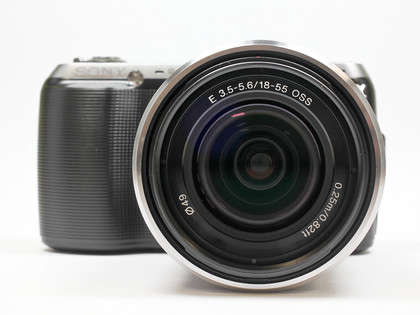
Multi segment, centre weighted and spot metering modes are provided on the Sony NEX-C3, along with exposure compensation, covering a range of two stops above or below the metered value.
Multi segment metering performs well under a wide range of conditions, although it can be fooled by predominantly bright or dark subjects, so it pays dividends to check the histogram in challenging conditions.
A tiny detachable flash unit is provided with the camera, which folds flat against the top of the lens when not in use. Pulling the flash body up raises it about an inch above the lens.
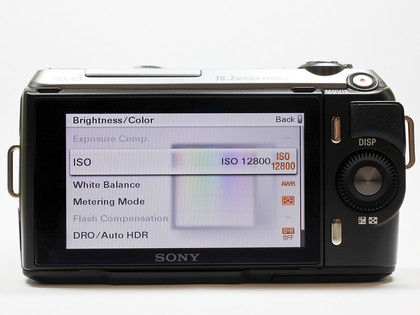
The flash isn't very powerful and recycle times are slow at best, often resulting in flash being absent from the exposure if taking a few shots at a time. Flash exposures are generally well balanced with the ambient conditions and pictures taken with the portrait scene mode a have pleasant warmth to them.
Auto white balance does a reasonable job of correcting colour casts under a wide range of conditions. Under artificial light results are very well corrected, but when shooting in the shade, or at dusk or dawn, the results can often be a little cool if not overridden with one of the presets or a custom reading.
Images straight from the camera are sharp, and fine details are reproduced very well. Flare can be an issue with the supplied 18-55mm kit lens, especially if strong light sources, such as the sun, are in the frame.
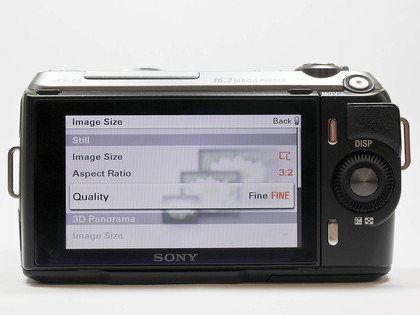
The image processor in the Sony NEX-C3 does an excellent job of producing decent JPEGs, and there's little to tell the difference between them and RAW files processed in Sony's image editing suite.
Colours can be a little subdued using the standard picture style, but there are plenty of other presets to choose from and user customisable settings to give images a lift if required.
Recent advances in sensor technology have spawned cameras able to cope exceptionally well at high ISO sensitivities, and the NEX-C3 is no exception.
Images taken at sensitivities between ISO200 and ISO800 show no significant signs of noise, and should be more than suitable for large prints.
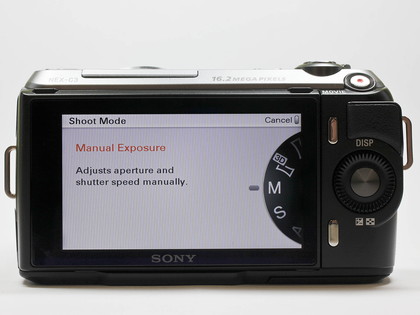
Increasing the sensitivity to between ISO1600 and 3200 results in a little noise becoming visible in the shadows, but the amount of detail retained is excellent and the images have a fine texture to them that will lend itself to printing well.
Even at the maximum sensitivity of ISO12800, the noise levels are very low. A little softening due to noise reduction can be seen, but images still retain a commendable level of detail, although colours do tend to shift a little towards magenta.
Current page: Performance
Prev Page Build quality and handling Next Page Image quality and resolution